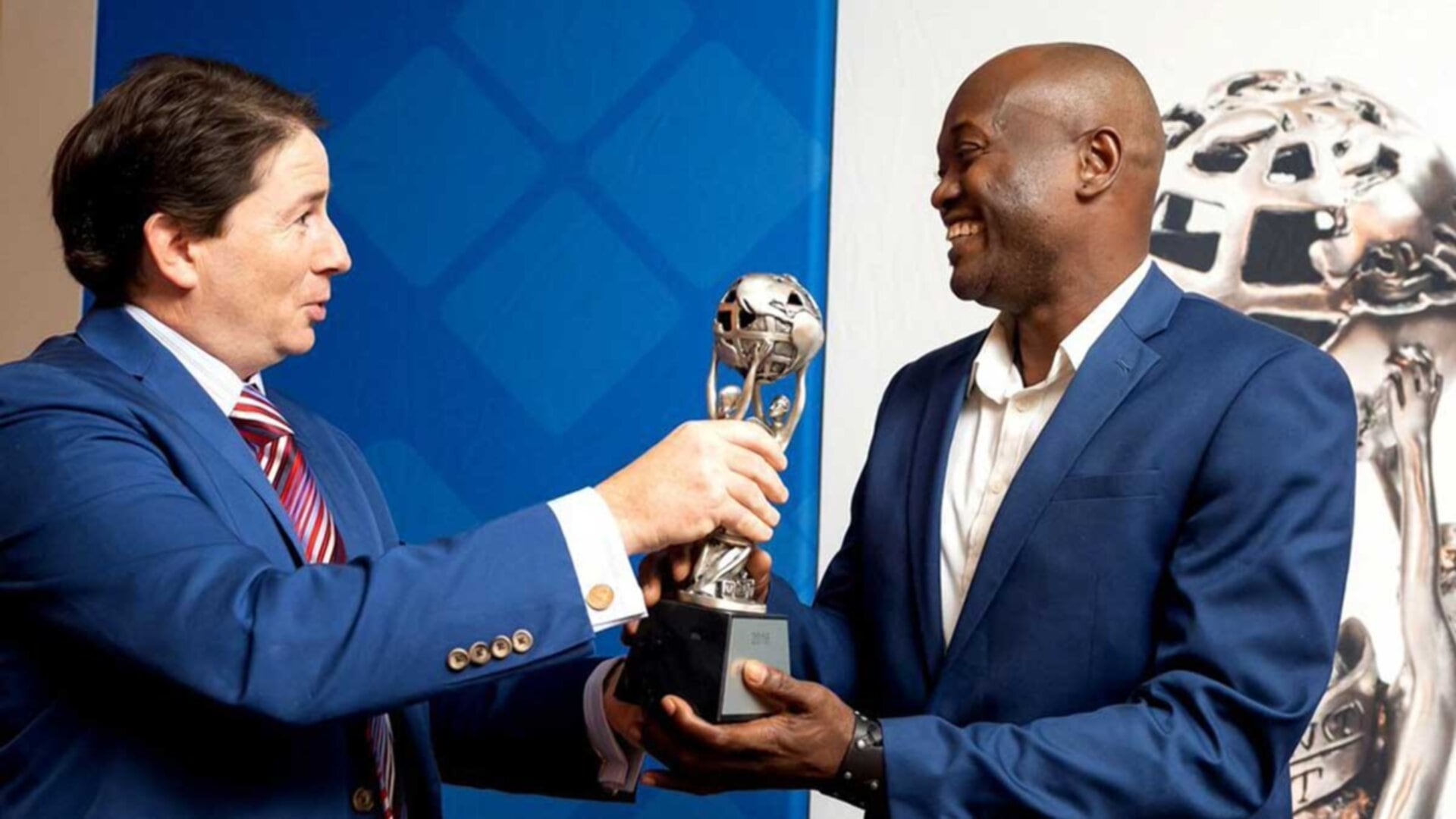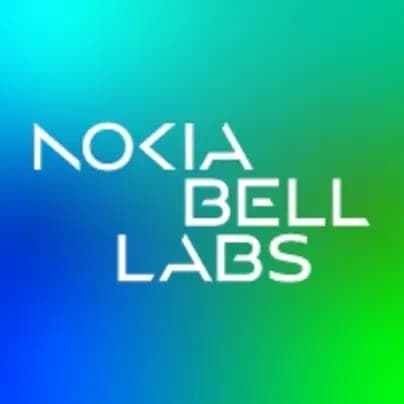Sweet victory...the 2018 Bell Labs Prize winners

Today, we are proud to announce that Samory Kpotufe (will be joining Columbia in January as Assistant Professor, prior to which he was Assistant Professor at Princeton) with his submission, “Teach a Machine to Draw, Ask it to Paint” is the winner of the 5th annual Nokia Bell Labs Prize and $100,000. Kpotufe's work examines 'transfer learning' in machine learning that answers the question of how and when can learning from one machine learning tool, be applied to another; this is a question that lies at the heart of all machine learning - is each model a 'one off' or can the learnings be applied to other scenarios, and if so when? Samory has answered this question with a breakthrough theory that provides a quantitative answer.
Second place and $50,000 was awarded to Aydin Babakhani (UCLA) with his submission, "Revolutionizing Sensing with Broadband THz Pulses" for novel terahertz devices that can produce and receive a broad spectrum of Terahertz radiation at low cost and tiny form factor, opening the door to the imaging of our world in profoundly new ways. Third place and $25,000 was presented to Benjamin Zaidel, (Bar-Ilan University, Ramat-Gan, Israel) and Shlomo Shamai (Technion-IIT, Haifa, Israel) for their submission, "Sparse Communications: Ultimate Capacity Limit Within Reach." Zaidel and Shamai's pioneering work focuses on a practically implementable optimal air interface solution for connecting millions of IoT devices over radio network resources that is extremely close to the theoretical performance limit and cost-optimized.The Nokia Bell Labs Prize winners were announced on Wednesday, December 5, 2018 at the global headquarters of Nokia Bell Labs in Murray Hill, NJ.
Every year, the competition becomes more intense and this year was no exception as our luminary judges were captivated by presentations given by these exceptional researchers across an extensive range of technologies. This year’s winners were chosen from among five submission entries comprised of six individuals, who were in turn drawn from a total of over 250 proposals from around the world.
Marcus Weldon, President of Nokia Bell Labs and CTO of Nokia, said, "The Bell Labs prize is a unique opportunity for innovators to collaborate with Bell Labs researchers to invent the future and solve the critical problems confronting humanity. This year's collection of proposals elevated the competition to new levels, reflecting the ever-increasing role that technology has in improving nearly every facet of our lives. The top three projects were extremely close in the final judging, but Samory is a well-deserved winner of the 2018 Bell Labs Prize as his research in transfer learning takes the much-vaunted field of machine learning and puts it on a much firmer foundation for the future. The team here at Bell Labs looks forward to collaborating with all top three winners to help realize the full potential of their research ideas, in the coming years."
We created the Bell Labs Prize to help develop game-changing ideas in science, technology, engineering or mathematics with the potential to solve broader societal challenges humans face within the next ten years. Each year, we award up to $175,000 to the first, second, and third place winners. Each winner has the opportunity to collaborate with the world-renowned researchers at Nokia Bell Labs to further develop their ideas.
Last year’s winner was Kaushik Sengupta, Assistant Professor in Electrical Engineering at Princeton University, for his invention of a radical new transceiver chip technology that could power a truly universal software-defined reconfigurable radio. Past winners have come from leading academic organizations including University of Southern California, Carnegie Mellon University, KU Leuven (Belgium), Universidad Carlos III de Madrid (Spain), Technical University of Munich (Germany) and University of California, San Diego. These winning submissions have covered a wide variety of topics including big data algorithms, small CMOS radio interfaces, antenna systems architecture, a large-scale plasmonic optical phased array, 3D/inkjet printed millimeter wave systems, an operating system for intermittent computing and a photon-engine for clouds.
Please join us in congratulating the 2018 winners and please visit our previous Bell Labs Prize announcements.
